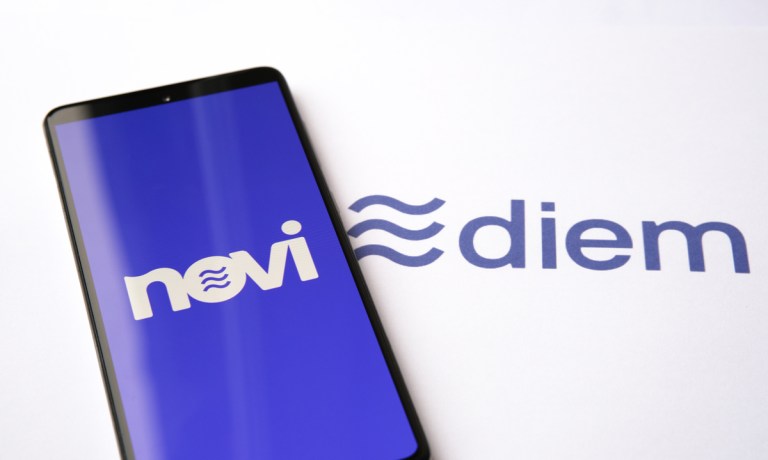Facebook Ties Novi Launch To Diem, May Include NFT Features

Facebook is planning to link its launch of the Novi digital wallet to the debut of the digital coin Diem, according to David Marcus, who oversees F2 (Facebook Financial), in an interview Wednesday (Aug. 25) on Bloomberg Television.
Novi is Facebook’s own crypto wallet that will allow individuals and companies to transfer funds domestically and internationally. This wallet could also be used to hold nonfungible tokens (NFTs) as part of Facebook’s interest in expanding its financial products, Bloomberg reported.
According to Marcus, per the report, Novi is ready to launch now, but Facebook has been pushing out the debut in the hopes that it can be revealed in tandem with the digital currency Diem. (Diem was previously referred to as Libra and was co-founded by Marcus in 2019 while he was at Facebook.) After receiving immense pushback from lawmakers and regulators, Diem is now run independently, although Facebook is still a partner on the project.
Read more: Facebook Announces Novi Is Ready To Launch
Their hope is that the wallet can be used to transfer Diem easily across borders and without fees, the report stated. Another feature Novi could have is the ability to hold NFTs. The space has seen a lot of interest lately as some NFTs have brought in millions on marketplaces, and big corporate names including Visa have bought some.
Read more: Visa Jumps From Payment Rails To A Ride On The Red Hot NFT Train
“We’re definitely looking at the number of ways to get involved in the space because we think we’re in a really good position to do so,” Marcus said, per Bloomberg.
At this time, it’s unclear when the two will launch. Marcus told Bloomberg that the Novi wallet would be launched without Diem “as a last resort,” but when paired together, both will be necessary to change the way people make payments going forward.
Without such innovation, he said he foresees a time, very soon, when the U.S. struggles to compete with China in bringing digital payments to market, the report stated.
“We’re really falling behind at an alarming rate,” he told Bloomberg.